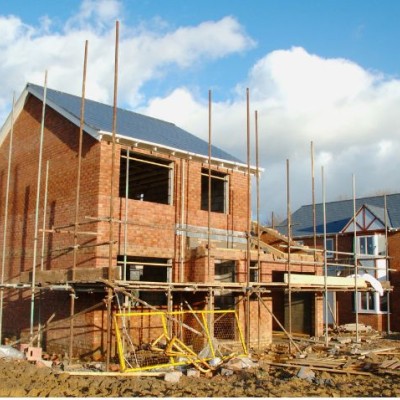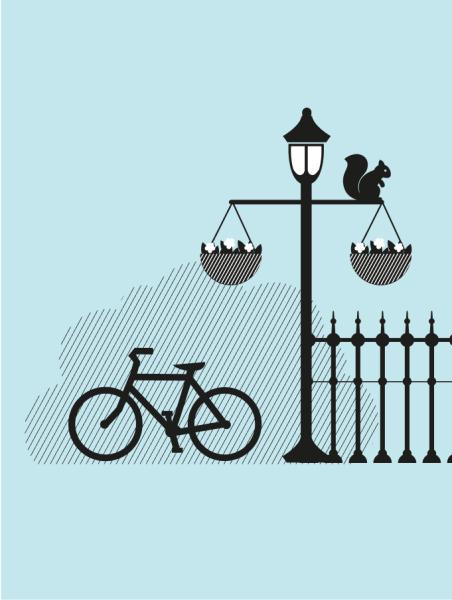How much do rental insurance costs vary and why?

Often, tenants think that if their belongings are damaged while they’re living in a rental property, their landlord’s insurance will cover the cost of repairing or replacing them. But, even if the damage is caused by a problem with the property itself, such as a leak, or through a third-party incident, like burglary, the landlord’s insurance only extends to their property and contents.
So as a tenant, it’s important to take out your own rental insurance if you want peace of mind that your possessions are covered against accidental damage, whatever the cause, and you don’t lose out financially if the property becomes uninhabitable.

Naturally, one of the first questions is: how much does rental insurance cost? And the answer is that it can vary quite significantly, because the premium is calculated according to a number of different factors. These usually include:
- Where you live. Some areas are associated with a higher level of crime, while others may have a greater flood risk, so the exact location of your rental property – sometimes right down to which end of a certain road you happen to live on – can affect the price you pay for insurance.
- How secure the property is. For example, a house with mortice deadlocks on the door, window locks and an alarm system is likely to attract a lower insurance premium than a flat in a communal block that only has a single Yale lock on the door.
- Whether your insurance includes extra accommodation expenses. Our own comprehensive tenant insurance will support you for either lost rent or reasonable extra accommodation costs if your rental property can’t be lived in because it’s been damaged by something that’s insured under your policy. (Note: if your Landlord’s insurer is liable for these costs, then they must/will cover them.)
- What else the policy covers. For instance, our tenant policy can cover you for: personal items, including clothing and jewellery; furniture and soft furnishings; electrical items; replacement locks if keys are accidentally lost or stolen; bicycle theft and accidental damage to your landlord’s furniture, fixtures and fittings. The more events that are covered, the higher the premium is likely to be.
- The value of the contents you’re insuring. While it’s important not to underestimate the replacement value of your possessions, it’s equally important not to overestimate it and end up paying a higher premium than you need to.
- How much excess you agree to pay. This is the initial amount you cover yourself in the event of a claim before your insurance starts to pay out. Commonly, an insurance policy will have a compulsory minimum excess, but you may be able to pay a voluntary excess amount on top of that – and the greater the excess, the lower your insurance premium will be.
- How you pay your insurance. Most insurers will add a premium if you choose to pay by monthly direct debit, rather than in one annual lump sum.
- Whether you’ve made a claim before. If you’ve made a claim in the past, this can increase your premium – and usually, the more recently the claim was made, the more it will affect the price of your current policy.
As always, your insurance cover is subject to terms, conditions and policy limits, so it’s important to make sure you understand not only what an insurance policy can cover, but also what could invalidate that cover.
For more detailed policy information and to get a quote online, our partner Bode insurance can help. You can visit their website, or if you’d like to discuss your requirements with someone to make sure you have the right level and type of cover, you can call the team on 01903 890044 or email info@bodeinsurancesolutions.co.uk.
We're an introducer appointed representative of Bode Insurance Solutions (company no 03101637) Registered Address: Crowthorne House, Nine Mile Ride, Wokingham, Berkshire, RG40 3GZ. Bode Insurance Solutions Limited are authorised and regulated by the Financial Conduct Authority (FCA) under firm reference 313541. You may check this on the Financial Services Register by visiting the FCA’s website https://register.fca.org.uk/s/ or by contacting the FCA on 0800 111 6768.
Looking for advice?
If you're looking to let or sell your property, we can help. Get in touch with your local branch or book in for a property valuation.

Contact Us
Got a question, general enquiry or something else?
You may also like
Since we started in 1818 we have grown and joined one of the UK’s largest property groups, we can save you time and money by offering a range of services and expertise under one roof.





